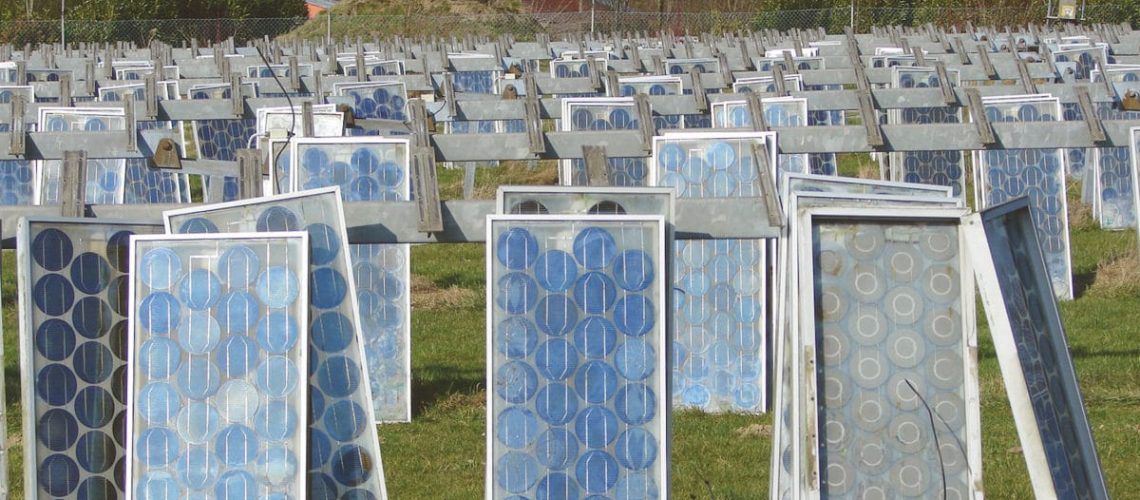The International Renewable Energy Agency forecasts that the cumulative end-of-life waste from PV in the US in 2030 is projected to be between 0.17 and 1 million tons. For perspective, there are 200 million tons of solid waste, excluding recycled and composted materials, generated in the United States each year.
Although 95% of a cadmium telluride (CdTe) and silicon (Si) solar module is recyclable, the current cost to recycle solar modules is around $15-$45 per module, while the landfill fee is $1-$5 per module, not including transportation costs. Recycling processes that have been developed in the US for CdTe and Si solar modules also cost more than the value of materials obtained from recycling.
“As we accelerate deployment of photovoltaic systems, we must also recognize the pressing need to address end-of-life for the materials in a sustainable way,” said Kelly Speakes-Backman, Principal Deputy Assistant Secretary for the Office of Energy Efficiency and Renewable Energy at the US Department of Energy.
The DOE Solar Energy Technologies Office (SETO) is funding research to improve the performance, lower the cost, and support widespread deployment of solar. Research areas that SETO will focus on include reliability and durability to increase the operating life of solar PV systems, lowering the resource-intensity of manufacturing, improving solar module recycling processes, and understanding environmental and health impacts of the EOL options. In addition, SETO will support research on how to cut the cost of module recycling by more than half by 2030. Overall, the plan is to reduce the environmental impact of solar energy while supporting the Biden Administration’s goal to decarbonize the electricity grid by 2035.



